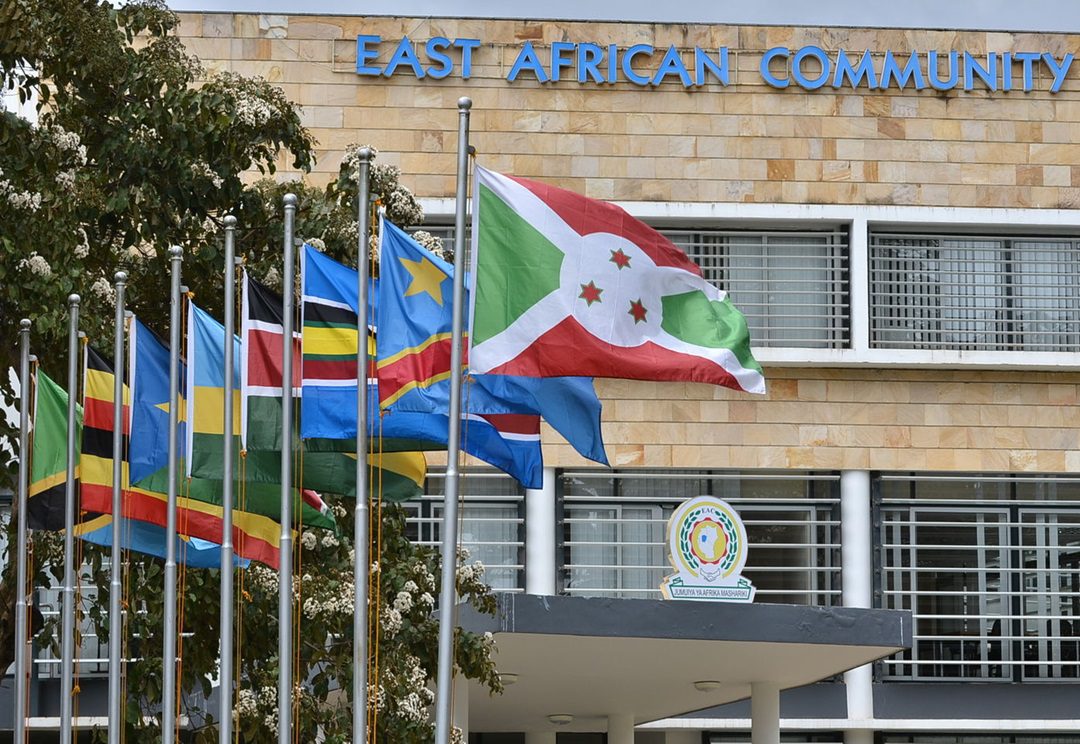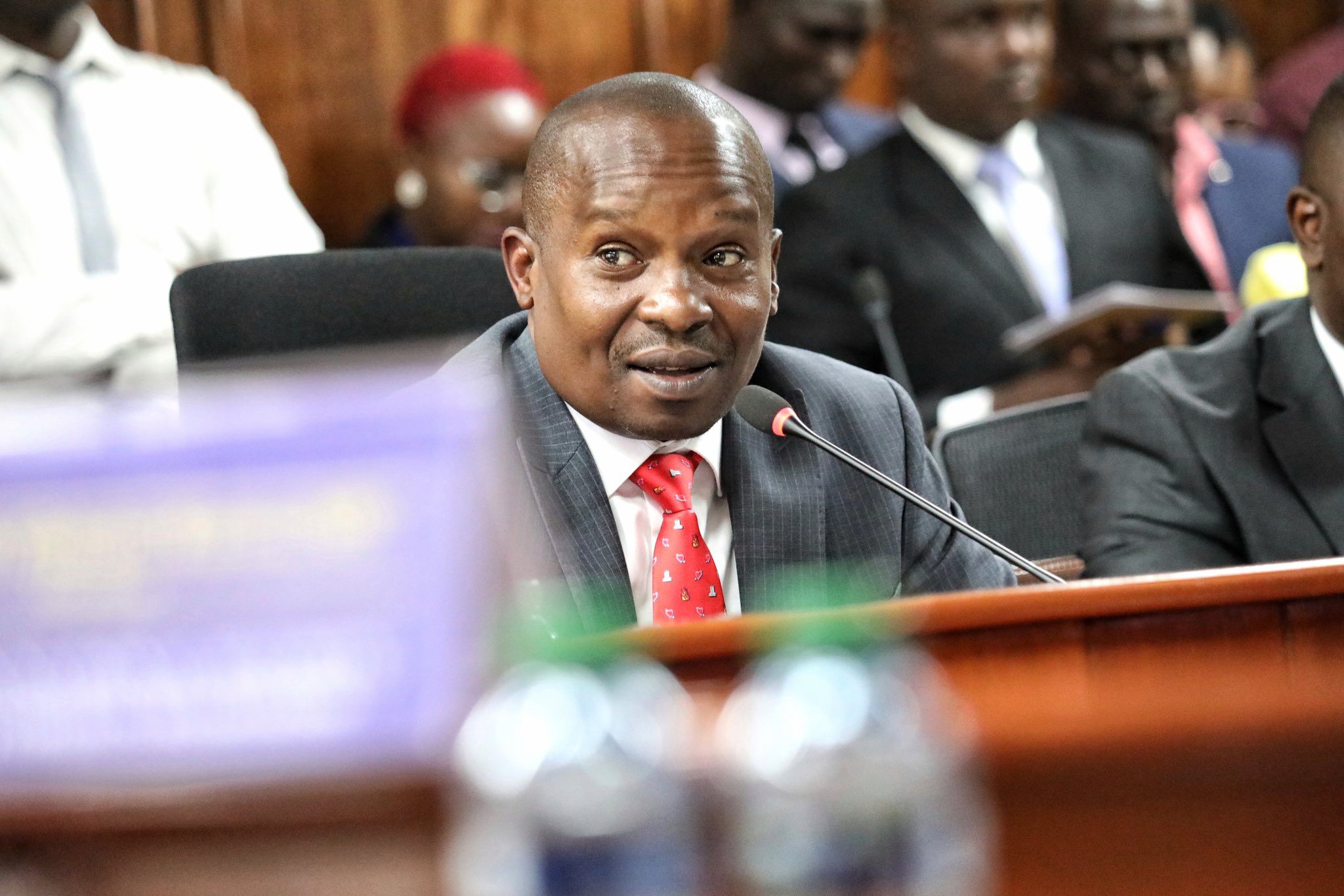Kenya’s National Assembly has been discussing the two-thirds gender bill, currently at the second reading stage of the legislative making process. The commonly referred to two-thirds gender bill is actually The Constitution of Kenya (Amendment) Bill, 2018 accessible here.
Our Constitution – the supreme law of the land – provides in Article 27 that the State shall take legislative and other measures to implement the principle as a measure to correct the problem of negative discrimination. The State shall ensure that not more than two-thirds of the members of elective or appointive public bodies shall be of the same gender.
The Leader of the Majority, Hon. Aden Duale has therefore prepared and presented before the House this draft law to provide for the implementation of this Constitutional provision which is now before Parliament through a Constitutional Amendment. The Bill seeks to give effect to the two-thirds gender principle through the creation of special seats that will ensure that the gender principle is realized in Parliament over a period of twenty years from the next general election.
Essentially, this provision provides for a level of equity for both genders, neither men nor women solely. However, as the case is, it is evident that nationally there are more men in decision making positions of influence.
Bringing it down to a sectoral scale, it is obvious that we need more women in the ICT and tech ecosystem – in building and developing the products from conceptualization to implementation. We need more young girls taking up courses in science, technology, engineering and math (STEM). The recent national primary school results show that boys generally perform better than their female counterparts in Math and Science. Part of this is the slowly eroding narrative of girls = arts, boys = science. That said, we not only need more women on the technical end of the tech industry but also in the process of ICT Policymaking.
Three reasons why you, as a woman, need to engage in the policymaking process:
1. Make laws that involve you – When you think of cyberbullying, sexual harassment, fake news, revenge porn – most of the time it’s a woman who’s on the receiving end. By engaging in making the apt regulations, you ensure you have a safe space for women and girls to exercise their freedom of expression and thought online.
2. Solve Problems – Use the law to solve your problems by creating obligations for government and private players to abide by – get what you want
3. Human Resources Development and Talent Management – Make the government give you opportunities and take affirmative action to ensure that there are more women in tech.
The Web Foundation as a champion of digital equality and women’s rights online has convened two editions of the Africa Summit on Women and Girls in Technology to bring together brilliant minds in the space. With a strong focus on the role of policy, they have developed a set of key actions that policymakers, activists, teachers, technologists and women community leaders must take to ensure that women and girls in Africa have access to an open, safe and empowering internet.
The Web Foundation has several resources available and a wealth of research on work done in the industry to ensure more women engage in an attempt to close the growing gender digital divide. As they say, putting the right policies into place can go a long way toward enabling women’s access to and empowerment through the web.
How to Engage
In Kenya, there are several ways to engage in these processes. These include through our very own Techweez Forums where any user is free to raise a topic of discussion, the Kenya ICT Action Network (KICTANet) a multistakeholder forum that catalyzes ICT Reforms, the community for lawyers and technologists Nairobi Legal Hackers, The Strathmore Law School hosted Centre of Intellectual Property and Information Technology CIPIT, its ICT Portal and its legislative engagement portal Jadili, the Parliament of Kenya, Ministry of ICT, the Industry Regulator Communications Authority, Kenya Copyright Board and other GOK – led stakeholder engagement which are always publicly announced seeking stakeholder input.
It goes without saying that women must play an active role in leading and contributing to ICT policies, and we must change the environment so that women feel empowered to lead and drive innovation in technology.
























